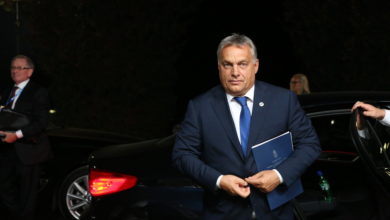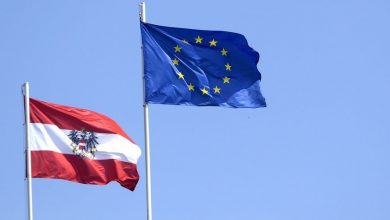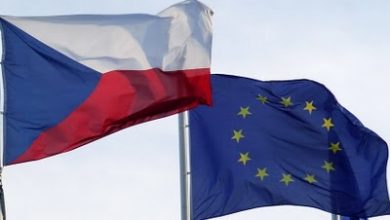Over six months after the elections, the Dutch finally have a government

After 209 days of negotiation, and breaking the record for the longest Dutch coalition talks since World War 2, the Dutch coalition partners finally came to an agreement. Despite only one of the four coalition partners being in favour of further European integration, the agreement is pretty favourable towards closer ties with(in) the EU, though traces of conservatism can definitely be found in certain aspects of the agreement.
Economy
The coalition partners want to make efforts to modernise the EU’s economic policies and bodies, which they want to achieve by making the EU more capable of dealing with economic crises and getting it to invest more in fields that are important for the future, such as innovation, research and environmental sustainability. In order to achieve the former, they want to create some sort of mechanism that can be triggered whenever a country asks for the help of the European Stability Mechanism, that will assist countries in “the restructuring of their untenable debts” as that’ll reduce the risks of countries, the ECB and national central banks when they decide to buy parts of another country’s debts.

Defence
Not only will the new Dutch government (finally) invest more in its own military, it will also join and actively support European efforts to further integrate the militaries of the member-states. While the agreement doesn’t state that the new government will support the creation of a full-fledged European army, it does say that the Netherlands will take part in joint purchases of military material, create or take part in European training programmes for personnel and would support the pooling of materials currently owned by the national militaries.
Justice
In March of this year it became clear that the Netherlands would not participate in the creation of the European Public Prosecutor’s Office, a public prosecutor that would combat fraud with European funds, as the Dutch Lower House found that Justice should remain a matter of national concern. However, in the new coalition agreement the partners agreed that the Netherlands would in fact join the yet to be created EPPO, as long as it wouldn’t interfere with the Dutch public prosecutor, the Openbaar Ministerie.

Climate
While the Netherlands isn’t exactly known for being on the forefront of combating climate change, the new plans for tackling climate change are quite ambitious and thankfully aren’t limited to just a national approach. If all goes well, the Dutch will soon spearhead European plans for fighting climate change as the new government plans to propose an EU-wide 55% reduction in emissions by 2030. If the Dutch fail to convince their European counterparts to reach this goal it will resort to coming up with a separate agreement with likeminded Northwestern European countries that will be more ambitious than whatever the EU agrees to in 2018.

In short, Rutte III will focus on making the EU and the Netherlands a greener, and more efficiently-defended place and will increase efforts to tackle EU-wide problems such as tax fraud and national debts within the Eurozone. While some of these plans definitely aren’t as ambitious as the plans put up by the also recently elected Macron, they definitely show that the Netherlands is willing to prepare the continent for the challenges of tomorrow. The new government is expected to be accepted by the King on the 23rd of October.





